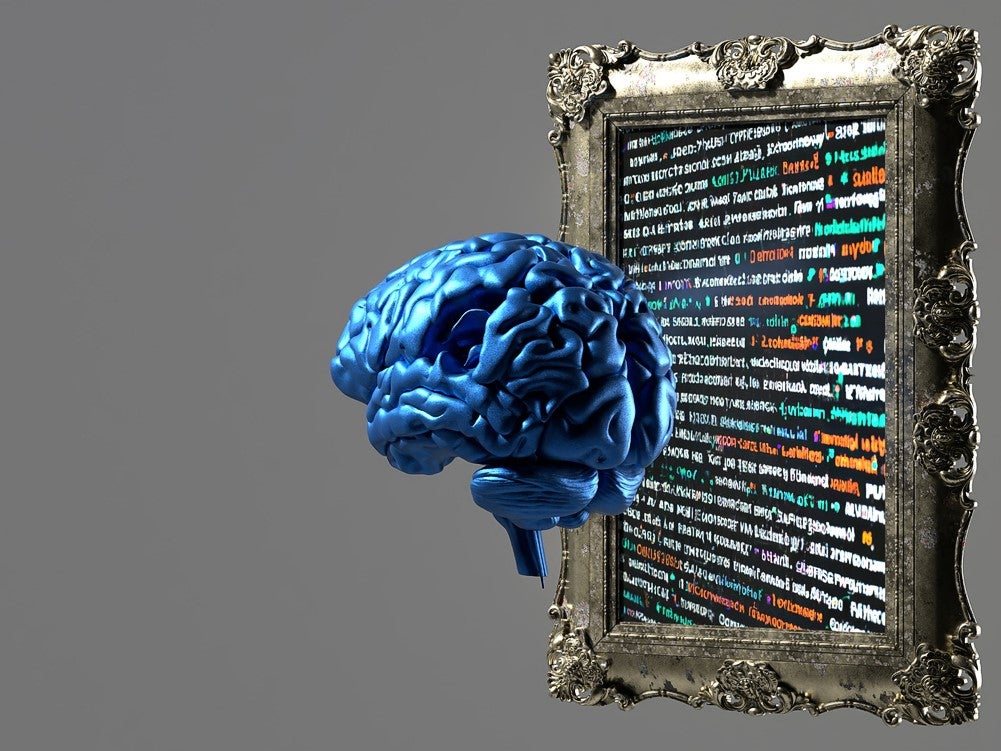‘Google is done’: World’s most powerful AI chatbot offers human-like alternative to search engines
OpenAI’s latest artificial intelligence bot ChatGPT can also write TV scripts and explain complex theories

The latest iteration of a “mind-blowing” artificial intelligence chatbot has led to speculation that it could revolutionise entire industries and even potentially replace popular tools like Google’s search engine.
ChatGPT, created by leading AI research lab OpenAI, serves as a general purpose language model capable of understanding and generating human-like responses to a wide range of queries.
Unlike traditional search engines, which rely on keyword matching to provide results, ChatGPT uses a combination of advanced algorithms and artificial intelligence to understand the intent behind a user’s query.
This means users can search for information using natural language, rather than having to use specific keywords or phrases, potentially making it more intuitive as a tool for finding information.
“The dialogue format makes it possible for ChatGPT to answer followup questions, admit its mistakes, challenge incorrect premises, and reject inappropriate requests,” OpenAI explained in a blog post.
OpenAI’s previous GPT-3 model has been put to various uses by programmers – one woman recently fed her childhood diaries to it in order to have a conversation with her past self – but this is the first time the technology has been made accessible in such a consumer-friendly manner.
“Google is done,” tweeted app developer Josh Kelly, who compared responses from Google and ChatGPT to a variety of queries.
But is it actually capable of challenging Google’s market dominance? This is what ChatGPT had to say when The Independent asked OpenAI’s public platform the question: ‘Could you replace Google?’
It is unlikely that a single search engine, such as ChatGPT, could completely replace Google. Google is currently the most popular search engine in the world, with a market share of over 90%. It has a vast database of indexed websites and a wide range of features and tools, such as image and map search, that make it a valuable resource for users.
However, ChatGPT and other advanced language models have the potential to offer unique capabilities and a more personalised user experience. This could make them attractive alternatives for certain users, particularly those who are looking for more intuitive and conversational search experiences. As a result, it could potentially replace traditional search engines like Google and become the go-to tool for accessing information on the internet.
Overall, ChatGPT has the potential to revolutionise the way we search for information online.
Since its launch on Wednesday, people have already used it to answer complex coding questions, write scripts for TV sitcoms, and write essays.
ChatGPT is currently not able to browse the internet or access any external information, so it is unable to provide answers or suggestions to more localised questions, such as restaurant recommendations in a certain town.
The model’s training data – which includes books, articles and websites – only goes up to 2021, so its knowledge is not up-to-date.
Other limitations include its occasional lapses into answers that sound plausible but are factually incorrect. OpenAI’s developers have also admitted that it is “often excessively verbose” when responding to requests.
“We know that many limitations remain,” OpenAI concluded in its blog post. “We plan to make regular model updates to improve in such areas... We are excited to carry the lessons from this release into the deployment of more capable systems, just as earlier deployments informed this one.”
OpenAI is expected to unveil the next generation of GPT-3, called GPT-4, within the next couple of months.
Join our commenting forum
Join thought-provoking conversations, follow other Independent readers and see their replies
Comments
Bookmark popover
Removed from bookmarks